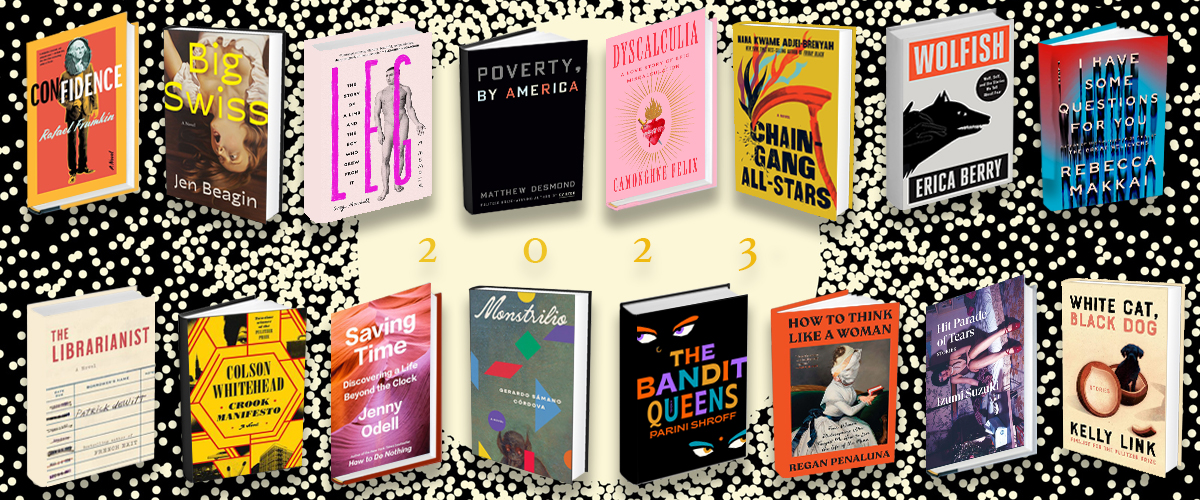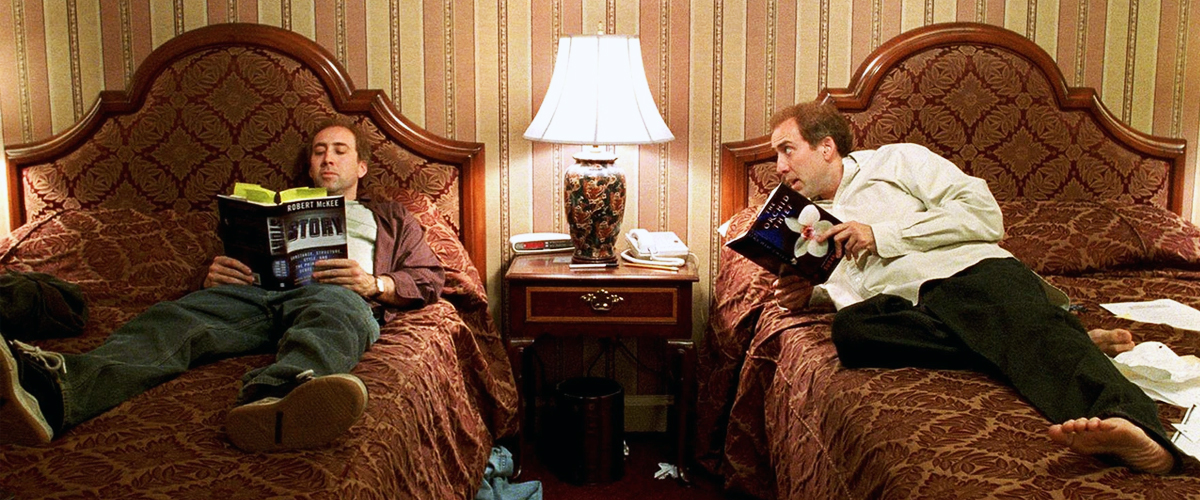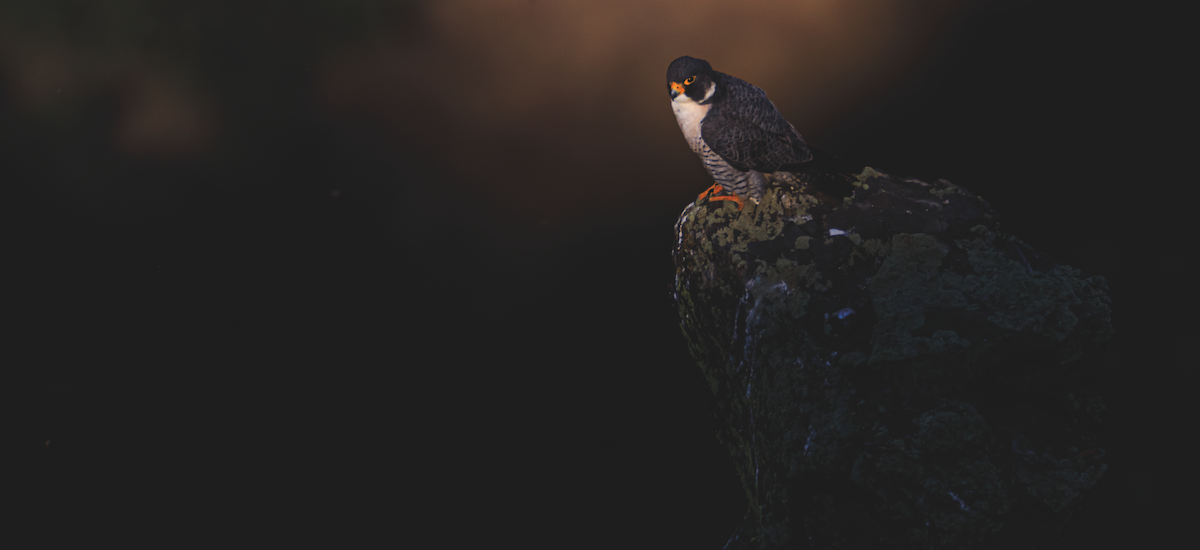The 10 Most Popular Lit Hub Stories of the Year
On Wednesdays We Read Lit Hub
The literary world may have a complicated relationship to popularity—see every literary novelist’s love/hate (and almost always unrequited) relationship with the bestseller list—but the internet does not. Simply: it’s good to be read, and so we thank you, our readers, for consuming, commenting on, and sharing pieces from Literary Hub this year. Revisit the biggest hits of 2023 below—and come back next year, when we’ll dream it all up again.

10.
The 38 Best Books We Read in 2023
by Literary Hub
Lit Hub staffers on the year’s best reading experiences.

9.
Let the Kids Get Weird: The Adult Problem With Children’s Books
by Janet Manley
On Jon Klassen, Ruth Krauss, and the grown-up weight of nostalgia.

8.
Censoring Imagination: Why Prisons Ban Fantasy and Science Fiction
by Moira Marquis
Moira Marquis on the importance of magical thinking for the incarcerated.

7.
25 Novels You Need to Read This Fall
by Emily Temple
Hey, turns out our readers like to read. Fancy that.

6.
Little House of Propaganda: Homesteading Myths and the Sentimentality of Self-Reliance
by Alissa Quart
Alissa Quart on the bootstrap narratives of Laura Ingalls Wilder.

5.
Lit Hub’s Most Anticipated Books of 2023
by Literary Hub
(They like to read a lot.)

4.
50 of the Greatest Summer Novels of All Time
by Literary Hub
What makes a summer novel? It might be set in during a summer (One Fateful or otherwise), or it might be, for one reason or another, particularly appealing to read during the summer, or it might simply . . . feel summery. That’s right, I’m afraid the answer is: vibes. In other words: you know it when you see it. And we see it a lot.
3.
13 Adaptations Better Than the Books They’re Based On
by Emily Temple
*clutches pearls*

2.
The World’s Most Beautiful Bird Lives in Yellowstone National Park
by Douglas W. Smith, Lauren E. Walker, Katharine E. Duffy and David Haines
Nothing compares to a peregrine falcon.

1.
Read Anne Boyer’s extraordinary New York Times resignation letter.
by Dan Sheehan
The Pulitzer Prize-winning poet, essayist, and poetry editor of the New York Times Magazine, Anne Boyer, resigned from her post in November, writing in her resignation letter that “the Israeli state’s U.S.-backed war against the people of Gaza is not a war for anyone” and that she “won’t write about poetry amid the ‘reasonable’ tones of those who aim to acclimatize us to this unreasonable suffering.” Read her extraordinary resignation letter in full.




















